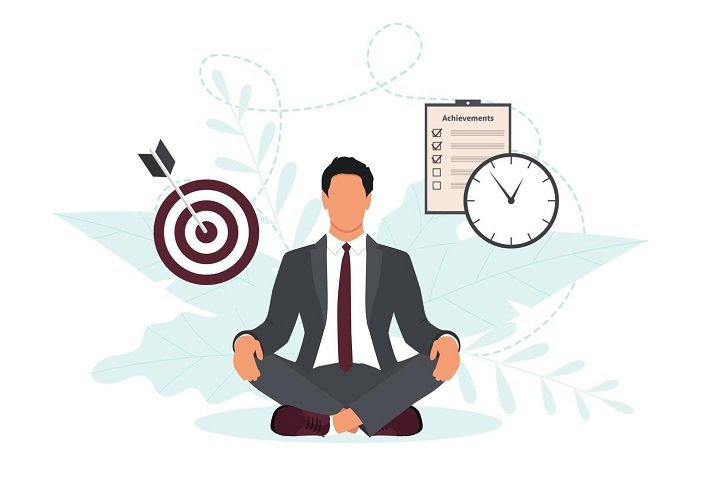Life can be unpredictable, filled with moments that test our patience and resolve. Tymoff’s quote, “Self-control is strength. Calmness is mastery,” captures the essence of what it takes to navigate these challenges successfully. It’s a powerful reminder that true strength comes from within and that mastering our emotions is the key to a more peaceful, effective life. Let’s explore what this means and how we can apply it to our everyday experiences.
Understanding the Strength of Self-Control
Self-control is the ability to manage your reactions, desires, and impulses, especially in difficult situations. It’s about maintaining discipline and making choices that align with your long-term goals and values. Tymoff’s quote underscores that self-control isn’t just a form of restraint—it’s a form of strength.
Why Self-Control Matters
- In moments of frustration or temptation, it’s easy to react impulsively or make decisions that we later regret. Self-control helps us pause, think, and choose actions that are in our best interest. This ability to govern ourselves, rather than being ruled by emotions or external pressures, is a true mark of inner strength.
Building Resilience
- Self-control also builds resilience. By consistently practicing discipline, we strengthen our ability to handle challenges and setbacks. This resilience is what allows us to keep moving forward, even when the going gets tough.
The Mastery of Calmness
Calmness is the ability to stay composed and unshaken, regardless of what’s happening around you. It’s not about suppressing emotions but managing them in a way that maintains your inner peace. Tymoff’s quote suggests that calmness is a form of mastery—something that requires practice and intentionality.
The Power of Staying Calm
- In stressful situations, staying calm allows you to think more clearly and make better decisions. It prevents you from getting overwhelmed by emotions and helps you maintain control over how you respond. Mastering calmness means you can face challenges with a steady mind, which often leads to better outcomes.
Cultivating Inner Peace
- Calmness also fosters inner peace. When you’re calm, you’re less likely to be affected by external chaos or negativity. This mastery of calmness not only improves your mental well-being but also enhances your interactions with others, leading to more harmonious relationships.
How to Develop Self-Control and Calmness
Tymoff’s wisdom provides a roadmap for strengthening these vital qualities. By focusing on self-control and calmness, we can enhance our ability to deal with life’s challenges and improve our overall quality of life.
Strategies for Strengthening Self-Control
- Mindful Awareness: Practice being aware of your thoughts and emotions without immediately reacting to them. This awareness helps you choose your responses more carefully.
- Set Clear Goals: Having clear, specific goals gives you a roadmap for where you want to go, making it easier to exercise self-control in pursuit of those objectives.
- Practice Discipline in Small Ways: Start with small acts of discipline, like sticking to a routine or resisting minor temptations, to build your self-control over time.
Techniques for Mastering Calmness
- Deep Breathing: Deep breathing exercises can help calm your nervous system and bring you back to a state of peace when you’re feeling stressed.
- Meditation: Regular meditation can help you train your mind to remain calm and centered, even in the face of stress.
- Positive Thinking: Cultivate a habit of focusing on the positive aspects of situations. This shift in perspective can help you maintain calmness, even when things don’t go as planned.
Conclusion
“Self-control is strength. Calmness is mastery.” Tymoff’s quote encapsulates the essence of personal empowerment. By developing these qualities, we gain the ability to handle life’s challenges with grace, make better decisions, and maintain our inner peace.

